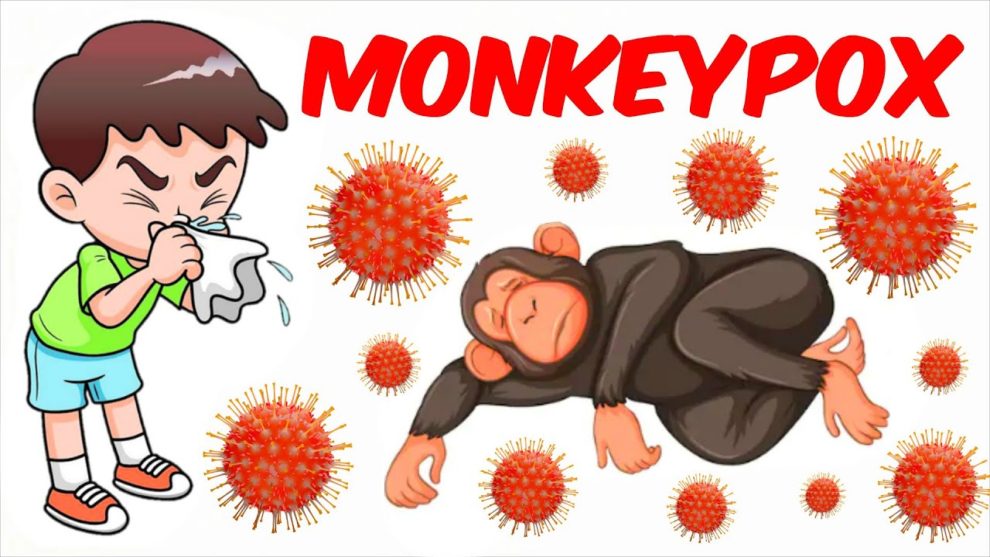The World Health Network (WHN), a global collaboration of scientific and citizen teams, declared the current monkeypox outbreak, which has infected 3,417 people in 42 countries, a pandemic on Thursday.
The declaration comes ahead of the World Health Organization’s (WHO) meeting on Thursday to decide on the designation of the monkeypox outbreak.
According to the World Health Organization, there are now 3,417 confirmed monkeypox cases reported across 58 countries, and the outbreak is rapidly spreading across multiple continents, according to Monkeypoxmeter, a website that tracks infection cases in real time.
The World Health Network has urged the WHO and national Centers for Disease Control and Prevention to take immediate action to prevent monkeypox from becoming a disaster.
It stated that, while death rates are much lower than for smallpox, unless global action is taken to stop the infection’s spread, millions will die and many will become blind or disabled.
“The WHO needs to urgently declare its own Public Health Emergency of International Concern (PHEIC) — the lessons of not declaring (Covid-19) a PHEIC immediately in early January 2020 should be remembered as a history lesson of what acting late on an epidemic can mean for the world,” said Eric Feigl-Ding, PhD, Epidemiologist and Health Economist, and co-founder of WHN, in a statement.
“There is no justification to wait for the monkeypox pandemic to grow further. The actions needed now only require clear public communication about symptoms, widely available testing, and contact tracing with very few quarantines. Any delay only makes the effort harder and the consequences more severe,” added Yaneer Bar-Yam, PhD, President of New England Complex System Institute and co-founder of WHN.
Until now, the majority of cases have been in adults, but any spread to children will result in much more severe cases and deaths. Animal infections, particularly rats and other rodents, but also pets, will make it much more difficult to stop. Passively waiting will result in these negative consequences with no compensatory benefit.
Monkeypox is a virus that has the potential to cause significant harm to the general public, including acute painful illness that may necessitate hospitalisation, as well as death, skin scarring, blindness, and other long-term disability. Children, pregnant women, and immunocompromised people are the most vulnerable to severe disease.
